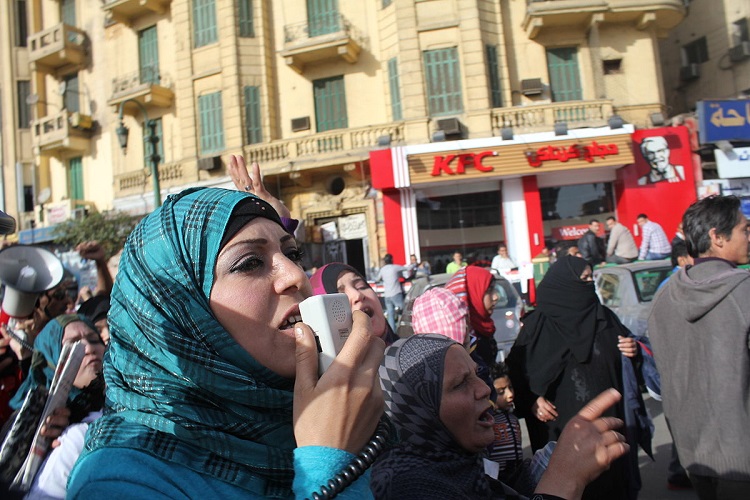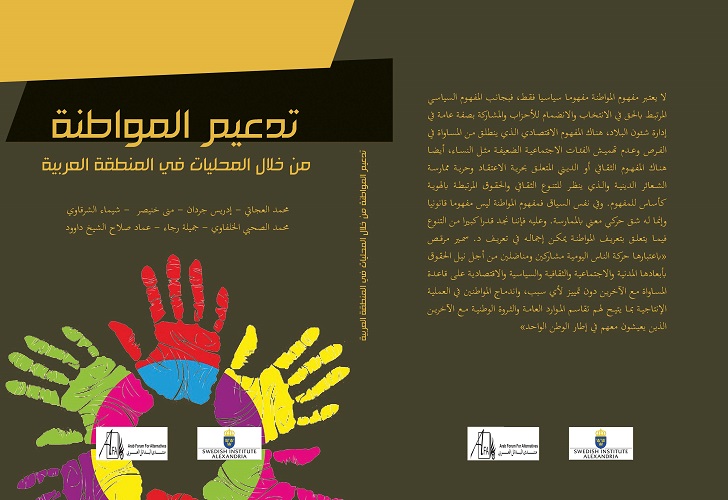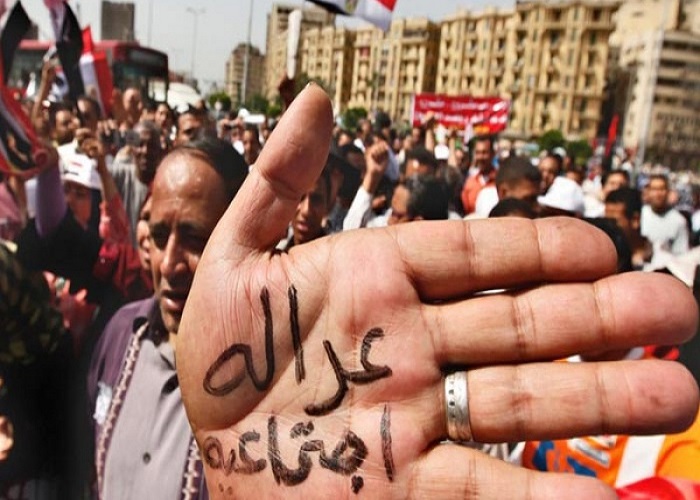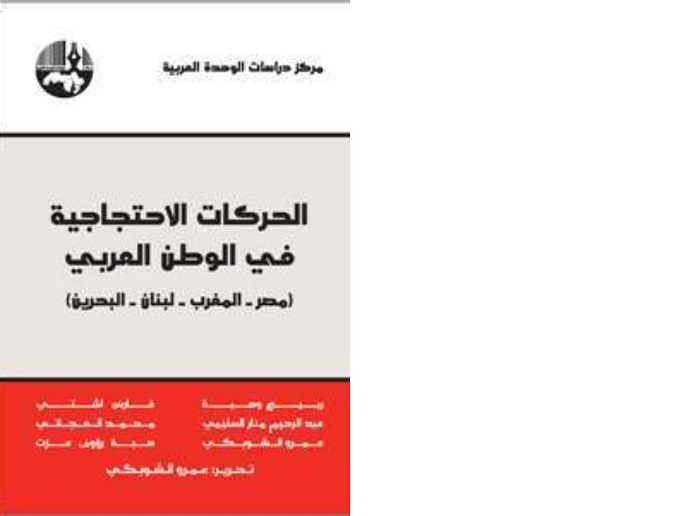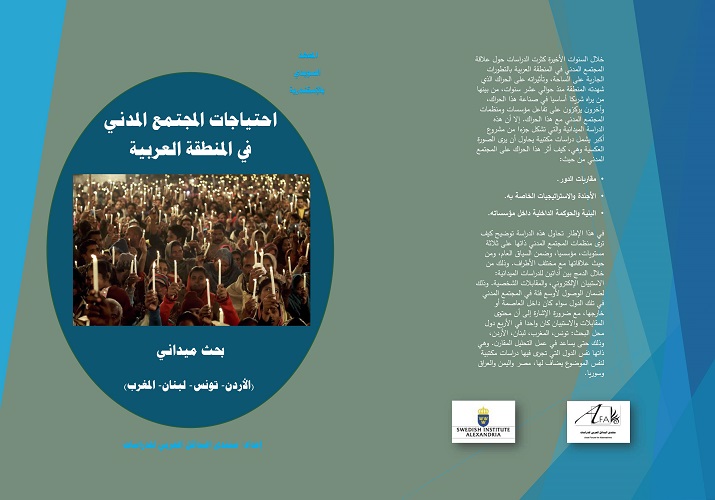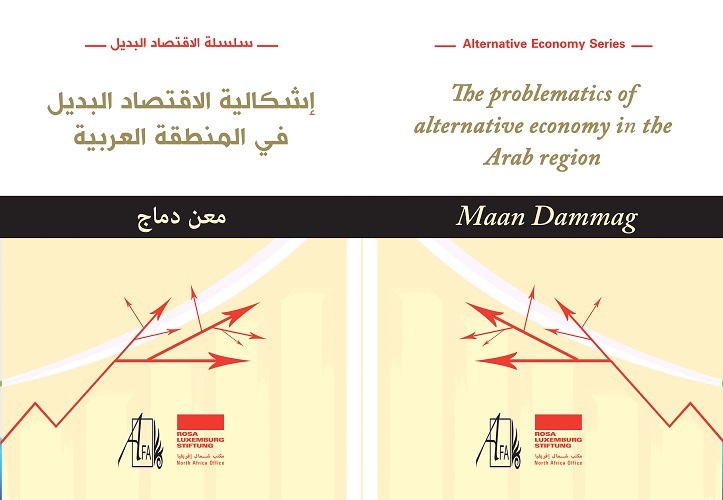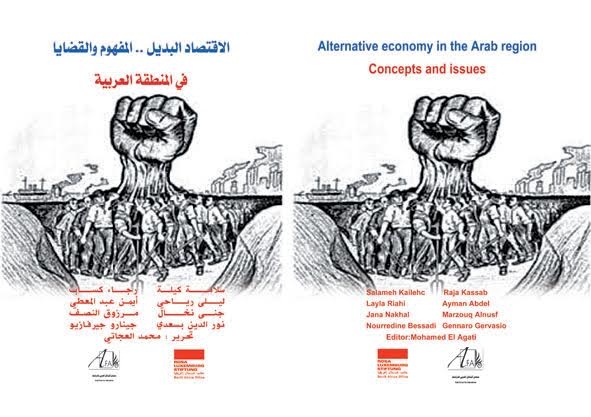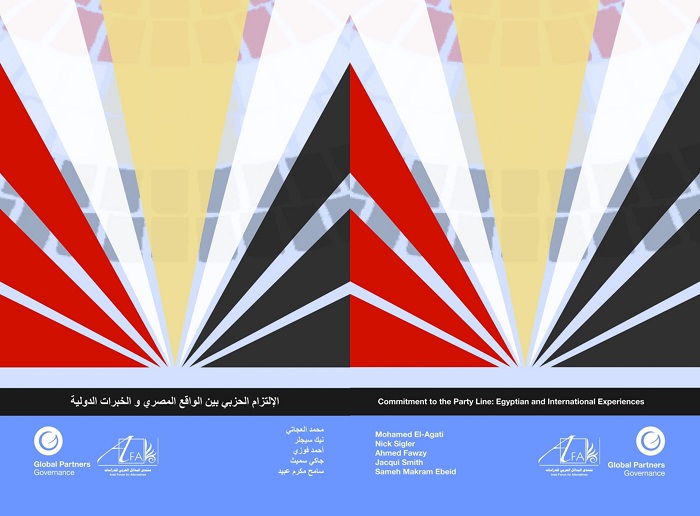The Emergence of the ‘New Right’ in Europe and its views on the main Arab issues
Gennaro GervasioEgypt ,Jordan ,Lebanon ,Morocco ,Tunisia After the defeat of the Nazi-fascist powers in World War II, a first ‘wave’ of Far-Right movements emerged in Europe -as well as elsewhere- in the ‘long 1960s’ and especially in the 1970s’ as a challenge to both the ‘New Cold War Order’ and to the emergence of the Revolutionary Leftist Movements. In his provocative book Where Have All the Fascists Gone?1, Canadian scholar Tamir Bar-On retraces the trajectory of the European New Right (ENR) from its post-WW2 formative years, to the most important developments in the subsequent decades. Bar-On aptly identifies the turning…


